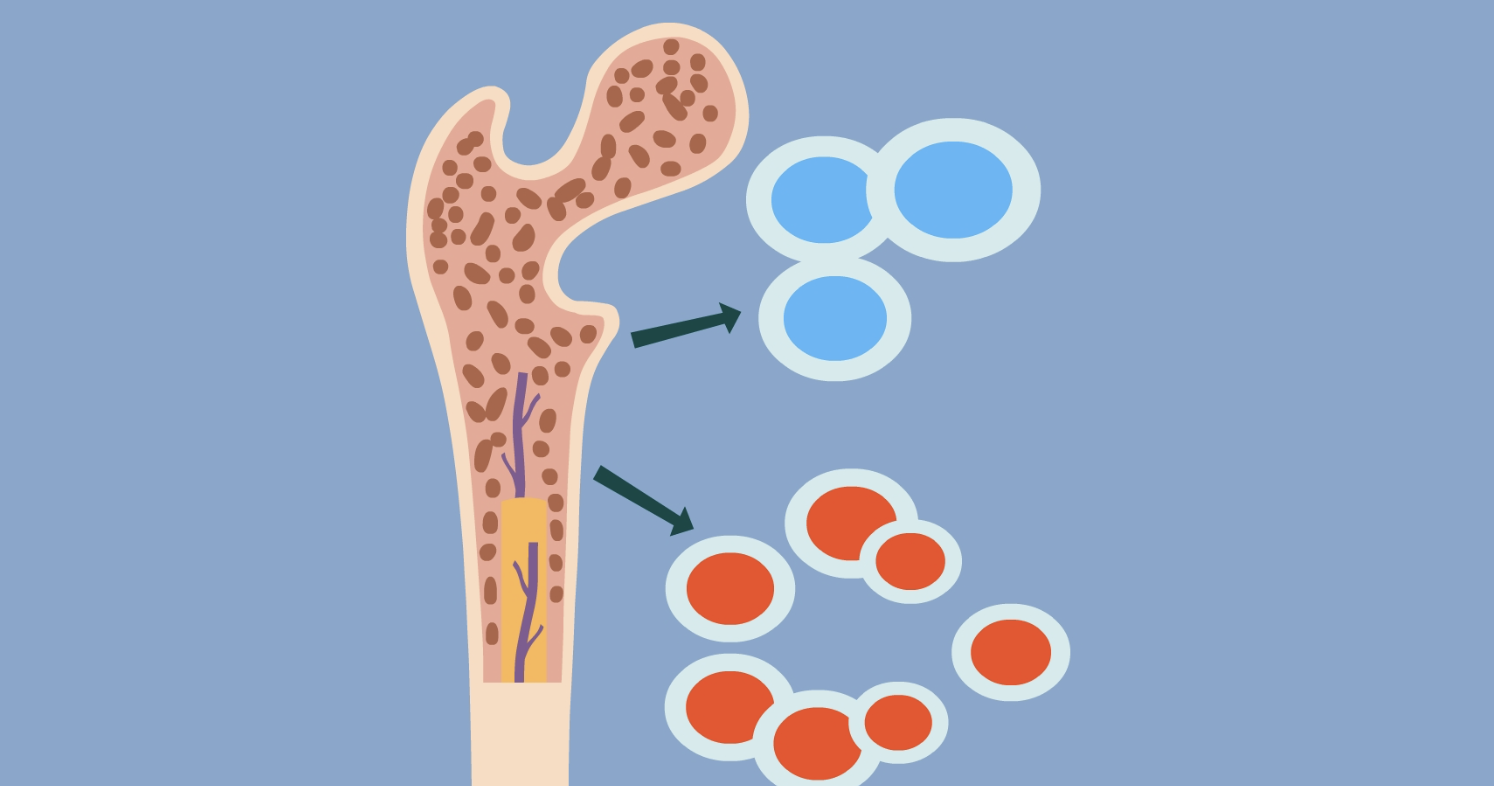Medical
How should I choose the first, second and third generation test tube babies?
At present, test tube babies are divided into a generation of test tube babies according to popular parlance, namely conventional in vitro fertilization embryo transfer (IVF-ET); The second generation of test tube infants, namely intracytoplasmic sperm injection (ICSI); The third generation of test tube infants, namely, pre implantation genetic testing (PGT).

At present, test tube babies are divided into a generation of test tube babies according to popular parlance, namely conventional in vitro fertilization embryo transfer (IVF-ET); The second generation of test tube infants, namely intracytoplasmic sperm injection (ICSI); The third generation of test tube infants, namely, pre implantation genetic testing (PGT).
The first generation test tube baby technology is to put the woman's egg and the man's sperm in the same culture dish, so that the sperm and egg can freely love and combine in vitro. Generally, it requires that the man's semen parameters are basically normal, including sperm quantity, vitality, sperm morphology and other indicators.
The second generation IVF technology, that is, intracytoplasmic sperm injection technology, is used by embryologists to select sperm with good shape and vitality under the microscope and inject them into the egg plasma with a micromanipulator to help the eggs complete fertilization. It is generally used in the case of oligozoospermia, weak sperm, and malformed sperm, as well as in the case of fertilization obstacle or low fertilization of the previous conventional IVF.
The third generation IVF technology is aimed at patients with genetic diseases. Before the embryo is implanted into the uterus, it is used to conduct genetic testing on the embryo and select normal embryos for transplantation, so that patients can obtain healthy offspring; Under normal circumstances, ICSI is also required for the third generation of IVF.
It can be seen that the so-called first, second and third generation test tube babies do not mean that the higher the algebra, the better, but need to have certain indications.
After the patient friends enter the cycle, the doctor will preliminarily determine the fertilization method, that is, the first generation or the second generation, according to the medical history and the semen of the man; On the day when the woman takes the eggs, if the parameters of the man's semen are basically normal after being processed in the laboratory, it is generally a routine in vitro fertilization, that is, a generation of test tube infants; If the semen parameters are not good or there is a history of fertilization failure, the general choice is intracytoplasmic sperm injection, that is, second-generation IVF.

So under what circumstances do we need to do three generations of IVF?
If you have the following conditions, you should choose the pre implantation genetic test (PGT), that is, the third generation test tube baby:
- Chromosome abnormalities: including chromosomal structural abnormalities: translocation, Roche translocation, inversion; Abnormal number of "high-risk" chromosomes: Klinefelter's syndrome, Turner's syndrome, etc.
- Monogenic disease, hereditary tumor, HLA matching, etc.
- Old age, repeated implant failure, repeated miscarriage, and severe male factors (severe dysspermia).
With the accelerated pace of life and the postponement of the age of marriage and childbearing, the incidence of birth defects has also increased. How to find defects as soon as possible and eliminate the birth of defective children is an urgent problem to be solved in reproductive medicine. Preimplantation genetic testing (PGT) is a new prenatal and even prenatal diagnostic technology, which is earlier than the traditional prenatal diagnosis, can avoid premature delivery, abortion and other risks caused by embryonic factors, and effectively reduce birth defects.
-
![]()
![]() MedicalDec 24, 2024
MedicalDec 24, 2024Intestinal flora can help the human body resist virus infection
-
![]()
![]() MedicalDec 23, 2024
MedicalDec 23, 2024New Treatment Effective In Up To 73% Of Multiple Myeloma Patients!
-
![]()
![]() MedicalDec 22, 2024
MedicalDec 22, 2024Why excimer laser can treat myopia
-
![]()
![]() MedicalDec 21, 2024
MedicalDec 21, 2024More Significant Survival Benefit For Non-Small Cell Lung Cancer Patients Under 55 Years Of Age, Also Using Immunotherapy!
-
![]()
![]() MedicalDec 20, 2024
MedicalDec 20, 2024New Study: Nmn Supplementation Activates Longevity Proteins To Reduce Stem Cell Senescence And Restore Mitochondrial Function




